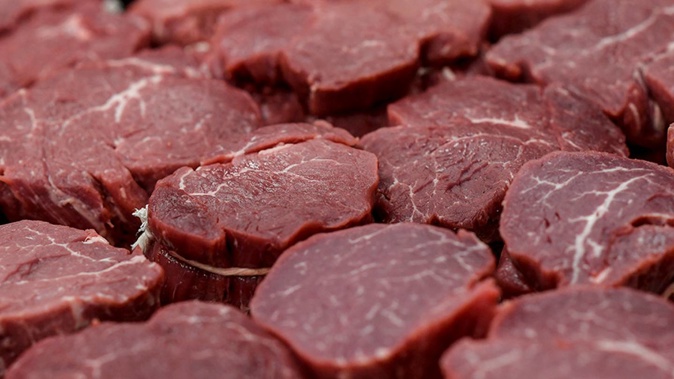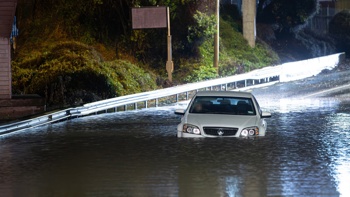
Authorities from the Chinese city of Jinan say they have found traces of Covid-19 on beef, tripe and packaging from New Zealand and a handful of other countries, Reuters reported.
However, Prime Minister Jacinda Ardern says she has been advised it was not a product from New Zealand and our officials were investigating further.
Officials say the products and packaging that have been found to have had Covid-19 have come from New Zealand, Brazil and Bolivia, while two other provincial capitals detected it on packaging on pork from Argentina.
Ardern told TVNZ today she is "being advised it's not our beef".
"We've been advised that's Argentinean beef, so just trying to get to the bottom of what's been reported there as we speak but rest assured we'll keep doing that," she told Breakfast.
"But to this point I've been advised it's not our beef but we'll keep working away on that."
A spokesperson for the Ministry of Foreign Affairs and Trade told the Herald they have not been informed officially of any coronavirus on New Zealand products.
"There are media reports that the city of Jinan, in China's Shandong province, has detected coronavirus on beef products imported from New Zealand.
"New Zealand has not been informed of this officially by the Chinese authorities.
"New Zealand officials are working now to ascertain the origin and veracity of these reports."
The packages entered through ports in Shanghai, the city's municipal health commission said.
More than 7500 people who may have been exposed tested negative for coronavirus, it said.
China is ramping up testing on frozen foods after frequently detecting Covid-19 on imported products.
It is not known how Covid-19 got onto the products that came from New Zealand, with a number of procedures taking place before it leaves our shores.
Frozen pork cases were also reported in the city of Zhengzhou and Xian. It's not clear if the cases are related.
The World Health Organisation has consistently said the risk of contracting Covid-19 from frozen packaging is low.
The role of frozen food and cold temperatures in potentially transmitting the virus was in the spotlight in New Zealand when officials probed the source of a mystery outbreak in August that began with a worker in a cold store facility.
"We do know from studies overseas, that actually, the virus can survive in some refrigerated environments for quite some time," director general of health, Ashley Bloomfield, told reporters at the time.
But how concerned should we actually be?
Having previously stated it's "highly unlikely that people can contract Covid-19 from food or food packaging", the World Health Organisation (WHO) reiterated its stance earlier this year
"People should not fear food, or food packaging or processing or delivery of food," WHO's head of emergencies programme Mike Ryan told a briefing in Geneva in August.
"I would hate to think that we would create an impression that there's a problem with our food or there's a problem with our food chains.
"There is no evidence that food or the food chain is participating in transmission of this virus. And people should feel comfortable and safe."
Take your Radio, Podcasts and Music with you









